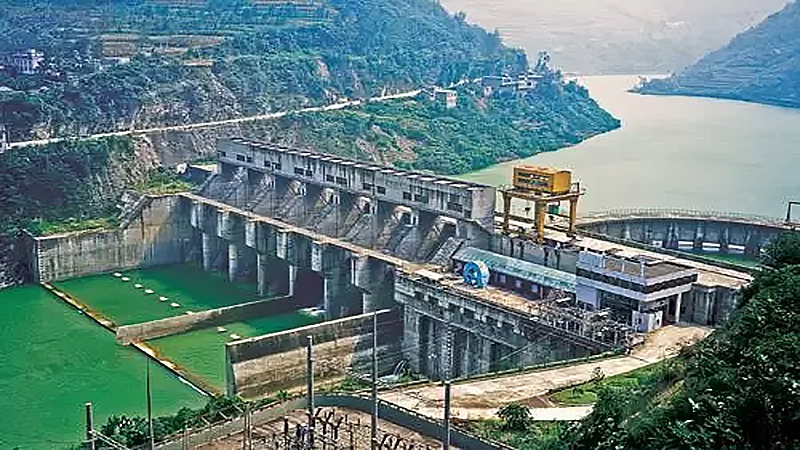At a seminar commemorating Youm-i-Takbeer, the anniversary of Pakistan’s 1998 nuclear tests, Lt Gen (retd) Khalid Ahmed Kidwai, adviser to the National Command Authority, reaffirmed Pakistan’s stance on its nuclear No First Use (NFU) policy. Speaking at the Centre for International Strategic Studies (CISS), Gen Kidwai emphasized, “Pakistan does not have a No First Use policy, and I’ll repeat that for emphasis. Pakistan does not have a No First Use policy.”
The NFU policy, which signals a commitment to using nuclear weapons solely for deterrence, has been a point of ambiguity in Pakistan’s strategic framework, especially in light of India’s declared NFU stance. Pakistani strategists have long been skeptical of India’s NFU doctrine, viewing it as more rhetorical than substantive due to its provisions allowing nuclear strikes against nuclear-armed states or their allies under certain conditions.
Recent shifts in India’s nuclear posture, from a traditional NFU stance to a more assertive approach, have prompted Pakistan to adopt countermeasures. These measures aim to deter any potential pre-emptive strikes from India. “The Indian gung-ho leadership may like to think about it. There should never ever be a doubt in anyone’s mind, friend or foe, that Pakistan’s operationally ready nuclear capability enables every Pakistani leader the liberty, the dignity and the courage to look straight into the Indian eye and never blink,” Gen Kidwai asserted.
The timing of Gen Kidwai’s statements coincides with heated debates in India about Pakistan’s nuclear program during the ongoing Indian elections. Indian Prime Minister Narendra Modi has leveraged the issue to criticize the opposition INDIA bloc, portraying them as intimidated by Pakistan’s nuclear capabilities. This political maneuvering was further fueled by comments from Farooq Abdullah of the National Conference regarding Pakistan’s nuclear defense, in response to Defence Minister Rajnath Singh’s statements on Azad Jammu and Kashmir.
Prime Minister Modi, while responding to Congress leader Mani Shankar Aiyar, who suggested that India should respect Pakistan’s nuclear capabilities, mentioned his assessment of Pakistan’s capabilities during a 2015 visit to Lahore.
Gen Kidwai also hinted at integrating emerging technologies into Pakistan’s nuclear program to enhance its capabilities. “Advancements in technology including what are referred to as emerging technologies will continue to make their way appropriately in Pakistan’s National Security calculus, and the nuclear program will be stronger by benefiting from these,” he said.
He elaborated on Pakistan’s Full Spectrum Deterrence (FSD) capability, which remains within the larger framework of Credible Minimum Deterrence (CMD). This includes a tri-services inventory of nuclear weapons held by the Army Strategic Force Command (ASFC), Naval Strategic Force Command (NSFC), and Air Force Strategic Force Command (AFSC). The deterrence spectrum includes varying destructive yields and range coverage extending up to 2,750km, covering India’s extensive eastern and southern territories.
Addressing India’s Dynamic Response Strategy (DRS), Gen Kidwai noted its limitations imposed by Pakistan’s robust nuclear capability. He described Pakistan’s strategic weapons, particularly Tactical Nuclear Weapons (TNWs), as “weapons of peace.”
Additionally, retired Brig Zahir Kazmi, Director General of the Arms Control and Disarmament Affairs (ACDA) branch of the SPD, highlighted emerging and enduring threats to Pakistan’s nuclear program. These threats include emerging technologies, the geopolitical environment, hybridity of warfare, India’s risky behavior, sanctions on Pakistan, and information warfare.











Leave a Reply